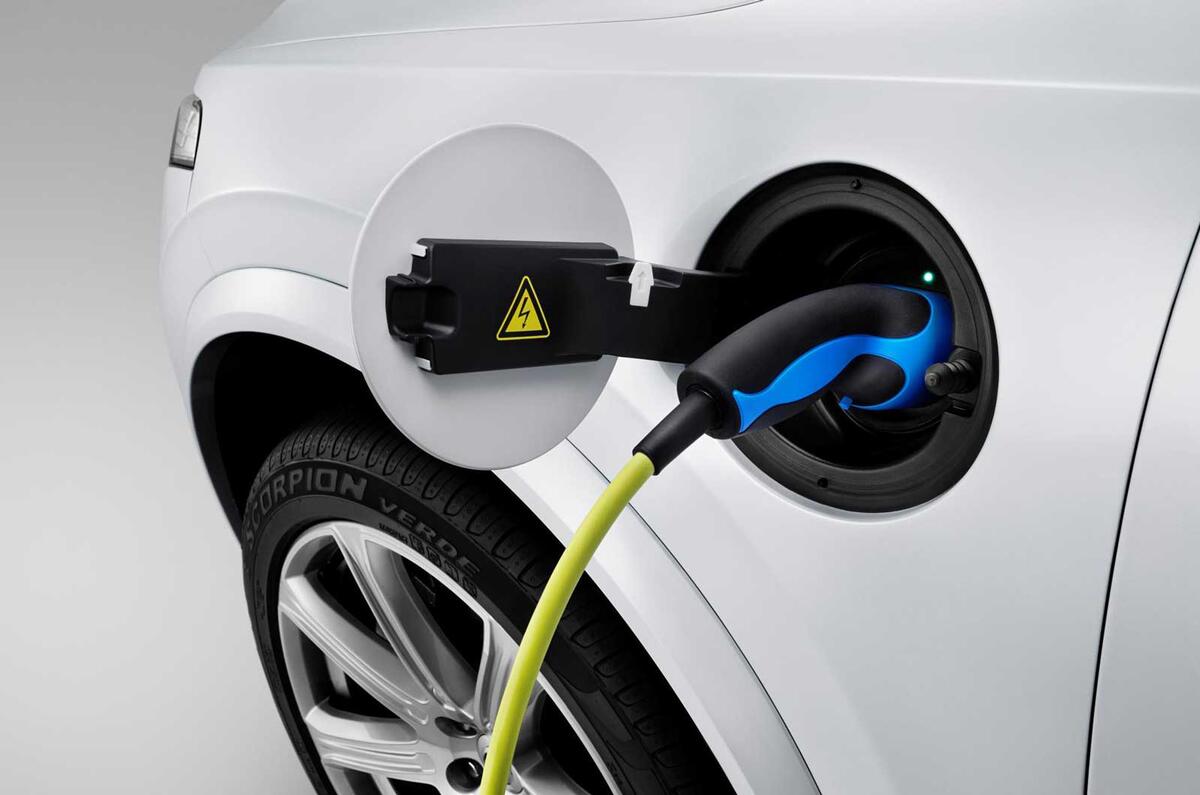New data has revealed that UK company car fleets are the biggest drivers for growing demand in plug-in hybrid vehicles.
The data, which has been produced by Go Ultra Low, shows fleet demand for PHEVs in the first six months of 2016 was 45% up on the same period in 2015.
More than 15,000 PHEVs were added to fleets between January and July, accounting for 72% of overall demand, meaning just 28% of PHEV purchases are by private buyers.
The fleet increase has been helped by a new government initiative that encourages the uptake of low-emission vehicles in company fleets. Signing up to the Go Ultra Low campaign allows a business to receive a Go Ultra Low company status if 5% of its fleet is made up of electric vehicles by 2020.
Go Ultra Low revealed that 65 British companies have already signed up, with the organisations ranging from small businesses to 800-year-old universities.
Cambridge University said 9% of its company car fleet is electric, while British drinks company Britvic, which currently has 20 electric vehicles, has pledged to more than double its plug-in fleet to 50 by 2020.
Overall demand for electric vehicles has continued to grow in the face of government grant reductions. In the first quarter of 2016 alone a total of 10,496 electric cars were sold, and between January and July
The AA has predicted that half a million cars on Britain's roads will be plug-in or fully electric by 2020.
Leading car makers, such as Jaguar Land Rover, Mercedes and Volkswagen, have all announced plans to grow their electric ranges in the coming years.
Read more:
Electric car registrations hit record high in UK
EV charging stations predicted to be more common than fuel pumps by 2020
All-electric Jaguar SUV spotted testing
Mercedes trademarks EQ for electric car range name
Volkswagen Passat GTE plug-in hybrid prices and specs announced





Join the debate
Add your comment
Pop goes the theory not the diesel
The hybrid would appear to be a luxury for those with the company car allowance to justify the higher cost for a hybrid, but also do not have a guilty conscience for the high fuel consumption when not used as intended or compared to a diesel.
Norway, a fine example